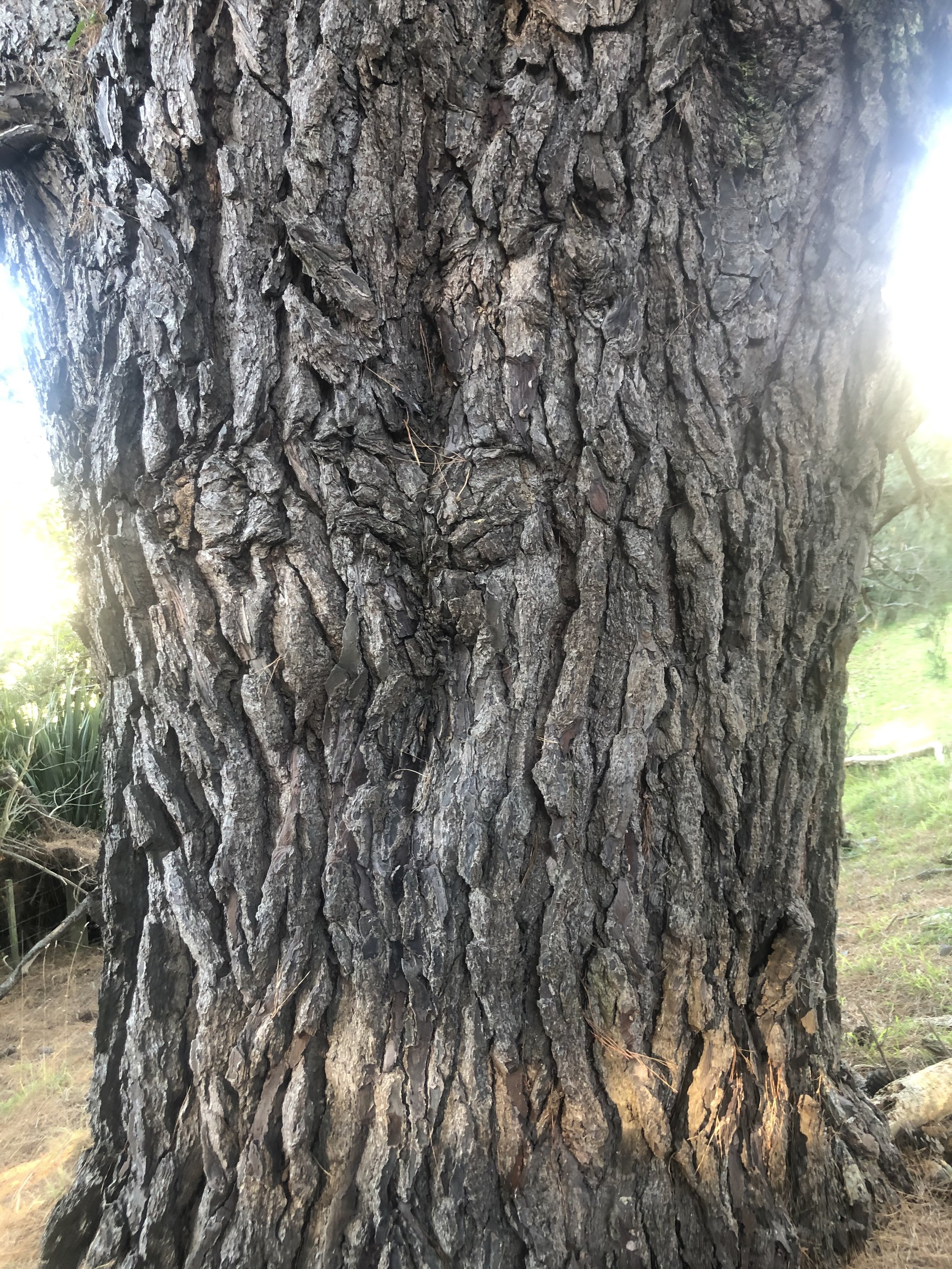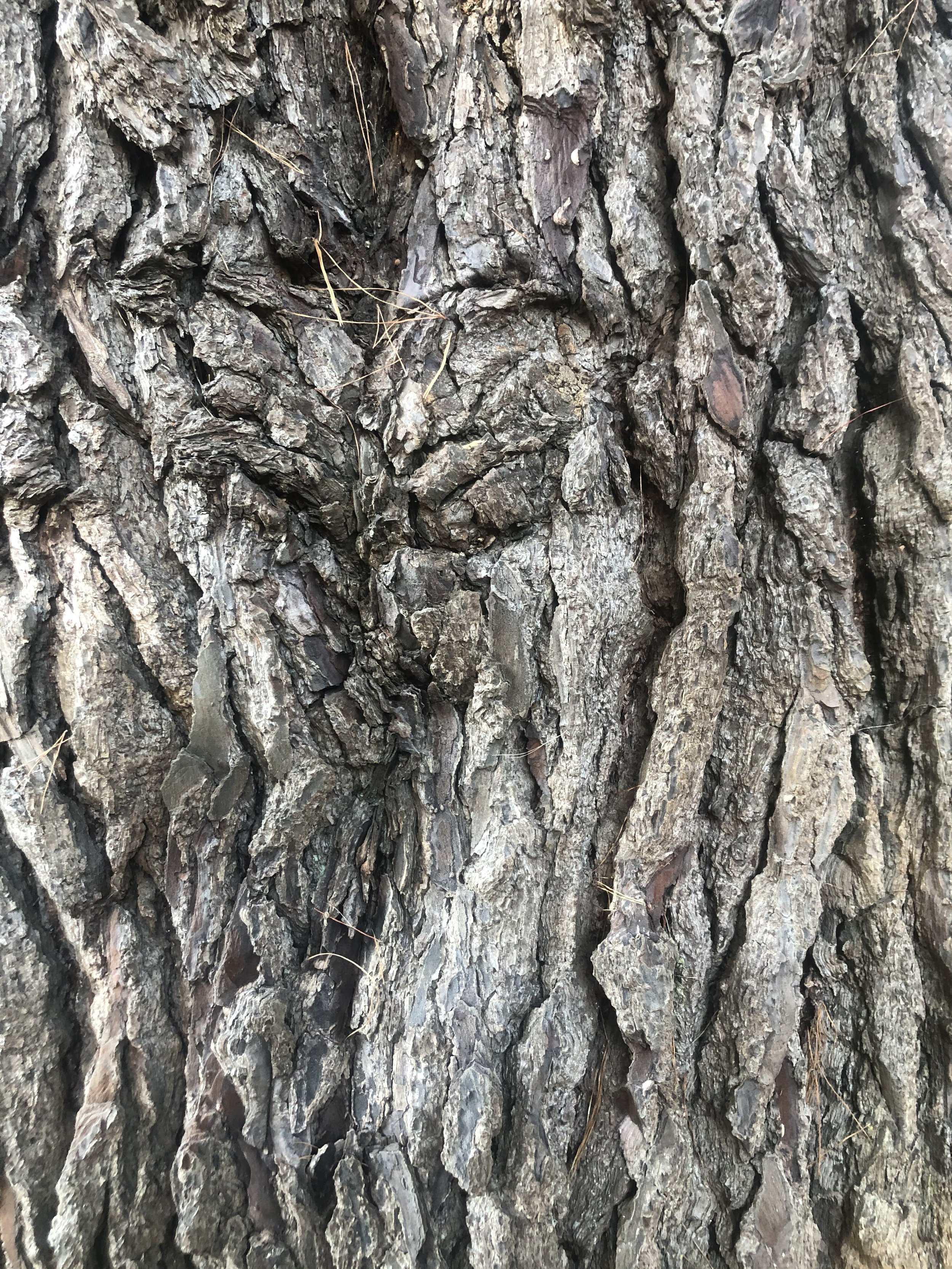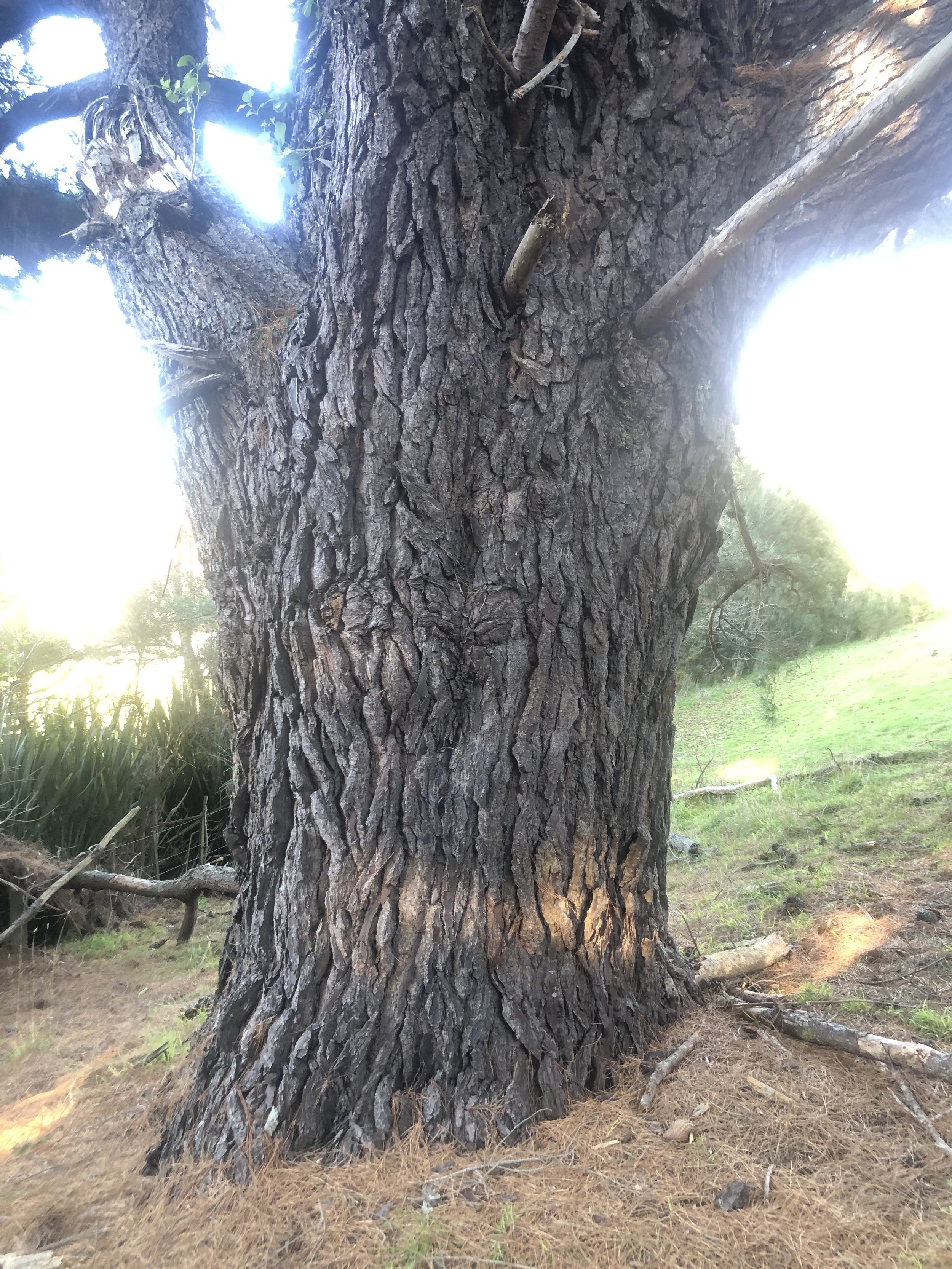Kenneth Fleck | Deconstruction as an Act of Love. Insights for Spiritual Directors.
An SGM Interview with Kenneth Fleck
Spiritual Direction and Deconstruction
Kenneth Fleck is a Dunedin-based spiritual director with a particular interest in accompanying people who are deconstructing their faith, or on a spiritual journey outside of church. In this blogpost, Kathryn Cass has a conversation with Kenneth about his personal experience of deconstruction as “an act of love” and his insights for spiritual directors who are accompanying people on similar journeys.
Kenneth, what drew you to becoming a spiritual director?
When my wife, Kim, and I returned to New Zealand in 2015 after six years of missions in Thailand, I observed that many Kiwis had no margin in their lives. By margin, I mean no space or time for extra people, no time to think about or discuss the hard questions of life.
While many of the people I encountered were despondent about ‘organised religion’, there was still a deeper desire for peace and this had a ‘spiritual’ component.
One of my hopes in doing the Spiritual Directors Formation Programme was to gain skills, language and a way of being to journey with these post/non-churched people in a positive and creative way; for them to find their place in the world. Secondly, I was intrigued by the contemplative spirituality space holding faith and action with integrity and reality.
What do you feel you received from your formation?
Being a novice again has been humbling and healthy. The two year course provides a holistic look at all things relating to journeying with others on their spiritual journey. It’s broadened my skill set. The SDFP formation leaders are clear that our approach is within the Christian frame, and at the same time the programme draws from a broad and wide set of traditions.
By choice I have translated some of the language to enable me to safely journey with the post/non-churched. At the same time my own spiritual understandings and faith have seen growth in unexpected areas.
I have an idealism that I would like be to be wise and whole. I have learnt that we journey with people from our grounded being. Acknowledging and leaning into our vulnerabilities and imperfections keeps us human.
From this place we can listen well without preconceived assumptions and avoid prescribing dogma in response to questions people aren’t even asking.
What have you experienced so far in offering spiritual companionship to people who are disenchanted with church and/or questioning their faith?
My limited experience thus far has been many people are asking questions of reality rather than ‘how to deepen’ their faith. Faith grows within these questions and people have suggested to me that they have had limited success at exploring those deeper questions within formal or institutional religious settings.
Offering spiritual direction with people outside of traditional faith structures is for me the missional heart of the Divine.
I hold that love is central . When people have lost their connection to faith structures they can and often do have negative responses to all things connected to God. Often they also feel a complete rejection from their community where they had received their love and sense of belonging. Within this experience there can be injuries or a understandable loss of respect for the institutions they have come from.
A negative experience of faith community can be a block to any future connection with anything spiritually related. My limited experience has been that the first step is for them to know that they are not alone and they have permission to feel the way they do.
For me they are the ‘one’ that Jesus talks about when he leaves the 99.
Do you have personal experience of this social isolation in your own journey?
Yes. The emotional and social experience of deconstruction is very real. I have felt rejected from my faith community and not understood. I have been depressed, deeply sad, unmotivated and lost all sense of life purpose. Also, I am in midlife and have older parents and young adult children. This stage of life creates its own questions. I have even felt rejected by my younger self, who would have a hard time accepting my disconnection from institutional religion. This experience helps me to understand why people push back on deconstruction - I get it.
I have not yet connected to a new community where I feel accepted and loved. I have good friends who accept me as me. Looking for new meaning within my faith structure continues. I have been hard to live with and hard to befriend. Of course life is never-one-thing and I have also found I have freedom and my perception of God has become bigger and truer to the inclusiveness of Jesus.
Poetry has been my place of truth. The difference between poetry and journaling for me is poetry brings the internal to the surface where someone else might see. This means more care and thought is required in the process. I write as a prayer. A prayer that often needs repeating in my life.
How would you describe what deconstruction is?
I wrote my Spiritual Direction Special Interest Project on the deconstruction of faith identity and beliefs and I have lived this question for many years.
For me, deconstruction is a beautiful act of love. It is hard, isolating, lonely, frustrating, desperate, and deeply holy.
It is not always destructive of everything. It is a journey of truth seeking and opening up to possibilities. It holds questions of ‘who are we?’, ‘who am I’?, ‘who is God?’ and ‘how are we connected to this world in a grounded and holy way’?
Deconstruction is incredibly personal, however my recommendation is not to try to go it alone.
Deconstruction is the process of change, growth, and becoming. It is risky. Deconstruction is an act of faith and has no predefined outcome.
In my spiritual direction relationships, I have seen that a key point in a person’s deconstruction journey is when they feel understood and receive permission that wrestling with their faith is a legitimate path, one that has been experienced by many since the beginning of time. I not sure that ‘we’ - as the church - have been that supportive of this process as a whole. I have seen amazing breakthroughs in directees’ lives when they feel permission to wrestle.
My hope is that each directee I work with is able to find comfort in their path, and find or keep their Divinely-given freedom to fully connect to all aspects of their life in a positive and real way.
What are some of challenges of language when accompanying someone on their journey of deconstruction?
As spiritual directors, we are trained to use our directees’ language. The challenge is not to assume that any of our language around God, the church, faith will still hold meaning for the person we are journeying with.
I gained insight into this from my own experiences of receiving spiritual direction. What was most helpful for me as a directee was slowing my busy head down and having the rhythm of meeting with someone who cares about my spiritual journey. What got in the way sometimes was the spiritual director’s expectation that language and phrases have universal meaning.
I’m very aware now of the invitations and pitfalls of language when I am sitting in the spiritual director’s seat. Here are three things I am mindful of.
Traditional words within Christianity have intentional meaning and unintentional baggage. Even when I believe something is true, this doesn’t mean that it is meaningful for others.
When I am working with people who have limited or no experience of formal faith the opportunity is to explore with them the meaning of their language and how this connects them with a spiritual context in the broader sense.
When people have walked away from traditional faith structures we need to be aware of the language we use and how loaded it can be for our directees.
One example is saying ‘God is in control.’ This has layers of meaning and when you have experienced trauma in your life, exploring how God (might be) in control needs to be explored personally and carefully. It is not helpful for a director to suggest that ‘their’ God is in control.
Another example is using exclusively male pronouns for God. For over 15 years I have intentionally not used male pronouns for God because for me it limits the inclusivity of God. When I heard these in a conversation, during direction, in church and in prayers and songs I was offended and frustrated and sadly self-righteous. Now I use it as an opportunity to examine my own language and understandings.
What possibilities might spiritual direction hold for people who are deconstructing? What are your hopes for what they would discover in a spiritual direction relationship?
Spiritual direction can be a safe space for those deconstructing and my hope is that it always is. By safe I don’t mean insipid or without challenge. Rather, I mean a space where the person is not judged or rejected because they are asking questions, and where thoughts, ideas, feelings, concepts are able to be spoken of, reflected on, and tested.
Wrestling with understanding one’s faith is a real experience for many. When we hold love as central then there is a compulsion to listen to others knowing that they are loved by the Divine more than my human abilities could ever achieve.
What advice would you give to spiritual directors accompanying those who are deconstructing their faith?
It will be challenging. Listen and watch with them as they listen to themselves. Even when you think that sharing how God has been revealed to you could be helpful, resist the urge. The helpful self-reflection acronym WAIT (What Am I Talking?) holds even greater importance when it comes to journeying with a deconstructing person.
Many will be judging themselves and might have felt judgement from within their community of faith. Guilt and shame can be paralysing.
Be the space they can feel safe and find their movement again.
I Hugged a Tree
By Kenneth Fleck
Today I hugged a tree
i think it might of been God.
The tree hugged me back.
Just what I needed
I tried to walk by
more than once
it was like the tree called my name.
sounds nuts, I know
The tree was still
Stillness is what I needed
the tree hugged me back
bark, solid, still.
just an ordinary tree
I think it might of been God
sounds nuts, I know
The tree hugged me back
not with limbs or leaves
but with stillness and strength
I think it might of been God
not just an ordinary tree
the perfect tree for me
I know
Today I was hugged by God
with stillness, and silence
it took a while to believe
no ordinary hug
but just for me
it felt great
I…
Kenneth was recently featured on The Changes Ahead podcast
Kenneth Fleck is a Dunedin-based spiritual director. He can be contacted via never1thing@hotmail.com












